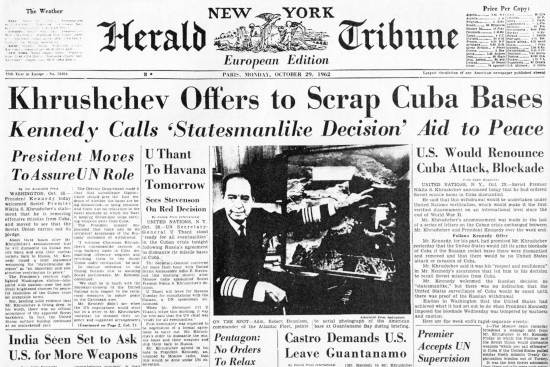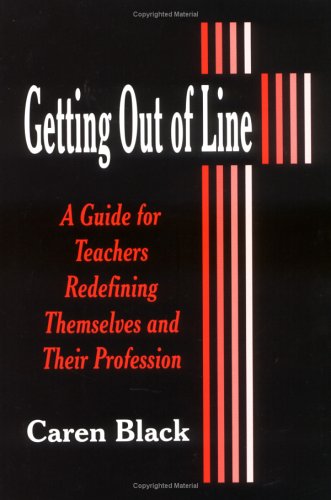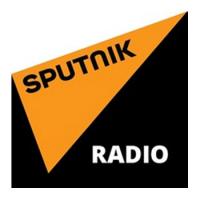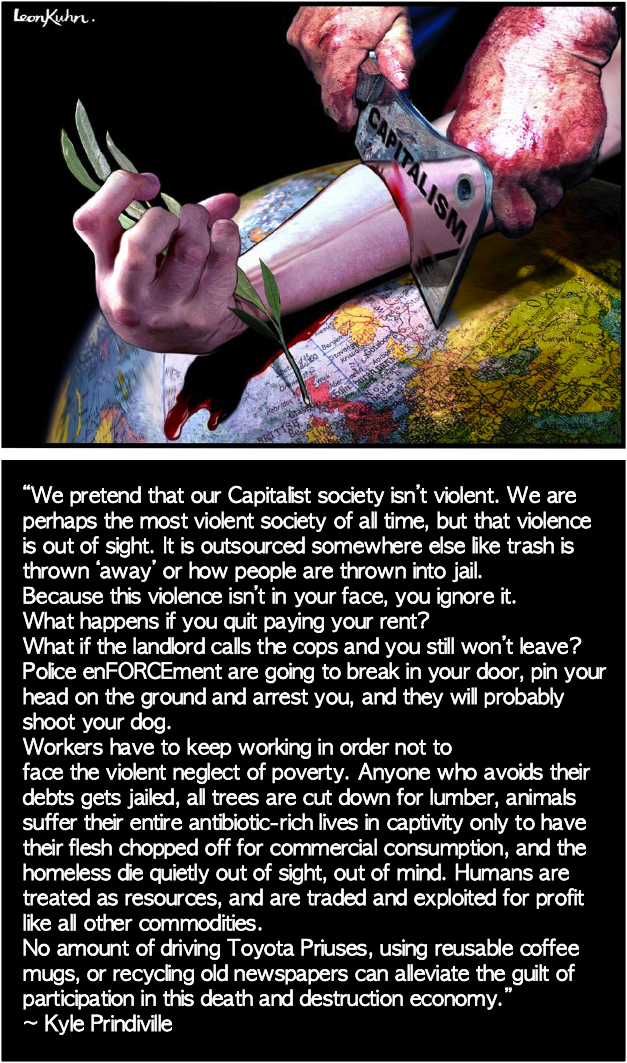Since the end of the original Cold War in 1991, when the Soviet Union fell apart, with its component states reverting to their sovereign status, Russia, though reduced in size and strength, remains a great power. Its territory still encompasses one-sixth of the world, traversing Eastern Europe to the Asian Far East, next to China.
As such it has its interests, which have from time to time come in conflict with Western, chiefly American imperial interests. Aside from its Cuban alliance and friendly relations with socialist Venezuela, Russia has little involvement in the Western Hemisphere. But one cannot say the same for the US, which has a plethora of interests in the Eastern Hemisphere. The fifteen year war in Vietnam, which the US lost in 1975, represented the end of an important Western beachhead in Asia, on the southern rim of China. But the US Seventh Fleet carries on in East Asia, protecting American interests in Taiwan, which China regards as a part of itself, as well as to the north, in Japan and the Philippines.
While communism is pretty much a dead letter, with only North Korea and Cuba retaining that variety of socialism, the US still maintains mistrust of left authoritarian governments in Asia, including China and Vietnam. The issue is no longer opposition to communism, since Russia, now capitalist, is a staunch ally of China, itself now a repository of capitalist production and distribution throughout the world. Russia and China, two Asian great powers, now act in unison to prevent the expansion of American interests in the region. Since Russia borders Eastern Europe and the Middle East, US military interests also occupy those regions to prevent “Russian expansionism.” That term is commonly used by the powerful US cabal of neoconservatives, whose militant, sometimes aggressive posture, advocates and pursues worldwide American influence, even to the point of seeking hegemony. The neocons are a trans-party interest group previously active in the George W. Bush administration, now in the Biden White House, confronting Russian influence in its neighboring state, Ukraine.
Ukraine is now the flashpoint of the New Cold War, having its origins in the early nineties, following the Soviet Union’s loss of its Eastern European states and reduction to the traditional boundaries of Russia. But just as the US regards the Caribbean and even Latin America as its “backyard” (much to the consternation of Latin Americans), Russia is very much intent on retaining strong influence in Eastern Europe. This is in good part because they have often been invaded from the West.
During the Cold War that erupted between Russia and the West (Western Europe plus the United States) shortly after World War Two, Russia, then the Soviet Union, included Ukraine and dominated Eastern European countries: Romania, Czechoslovakia, Hungary, Poland, Bulgaria and East Germany, all under the Warsaw Pact. NATO, the North Atlantic Treaty Alliance, dominated by the US, opposed the Warsaw Pact and continues to spread US influence worldwide.
NATO has added new members, some in Eastern Europe, since the fall of the Soviet Union. Vladimir Putin, when he became Prime Minister of Russia, sought to join NATO and was refused entry. Thus he learned that even though Russia is now capitalist, it is still considered a rival or even enemy, of the West. Thus Putin has acted accordingly, reaching a close alliance with China, while seeking influence in neighboring Eastern European states, among them Ukraine. When Ukraine was part of the Soviet Union, one of the most important Soviet postwar leaders, Nikita Khrushchev, was a Ukrainian. Today’s Ukraine has recently sought to join NATO, but has been refused membership. The NATO leadership has done so because Russia would interpret Ukraine’s membership as a direct threat to itself. The problem is that NATO is essentially a military alliance of the US and European states against what they call Russian expansion. One could easily make the case that it is the Western NATO alliance that is the expansive entity. Having been refused admission to NATO, while the West places US made missiles in Ukraine and other states on the Russian border, Putin rightly sees NATO as anti-Russian.
Hence his response to NATO expansion eastward and placement of missiles on the Russian border has been to send troops into Ukraine to neutralize the very real threat the West has created there. No objective analyst of these events could conclude that Russia constitutes the aggressor here. Placement of NATO’s missiles at the Russian border is indeed a direct and unprovoked threat to Russia, much as Soviet placement of missiles in Cuba was a threat to the US. Putin has been in power for over twenty years. During that time he has not acted as an expansionist or war monger.
The 1962 Cuban Missile Crisis occurred when, following a failed US invasion of the newly communist country, its leader, Fidel Castro had asked for Russian missiles to protect against another planned US invasion. The Kennedy administration, when they observed Soviet ships bringing missiles to Cuba to aim at the US, established a “quarantine,” or blockade of Cuba. That blockade still exists to keep missiles out, though Cuba has become a peaceful, thriving state. The Obama administration tried to reopen diplomatic relations and trade with Cuba, though subsequent ones have backed away. Similarly, Russia’s limited military action against Ukraine is to keep NATO and its missiles away from the Russian border, not to annex Ukraine.
Author
Stephen Berk (B.A. Lehigh University; M.A. University of Massachusetts, Amherst; Ph.D. University of Iowa) is emeritus professor of history at California State University Long Beach. He also holds a Master of Science in Counseling from Cal. State Long Beach. He taught at Cal. State Long Beach in the history department from 1970-2004). He worked as a CA licensed psychotherapist in private practice from 1982-2004. Now retired, he writes occasional opinion pieces for periodicals, lives in Astoria, Oregon, and will soon be moving to the Boston, MA area, near where he grew up.
![]() Please help keep us afloat. Donate here
Please help keep us afloat. Donate here









